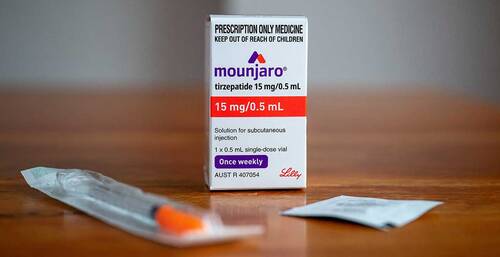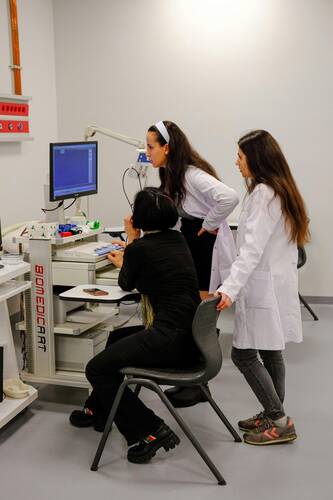
Applied Behavior Analysis (ABA) therapy is an evidence-based treatment for individuals with autism spectrum disorder and other developmental disorders. ABA therapy is a personalized treatment plan that focuses on improving behavior, social interaction, and more, simultaneously focusing on the person’s strengths and weaknesses. For this reason, it is crucial to plan the treatment effectively. While the treatment itself has been groundbreaking, it does come with a set of challenges. This article explores the challenges of ABA treatment planning with practical solutions.
Why Is ABA Treatment Planning Important?
The process of planning an ABA
treatment plan involves carefully designing intervention strategies to aid people with autism. The primary goal of ABA therapy is to encourage positive behavior, situationally appropriate communication, advance social interaction, and day-to-day quality of life.
When an ABA treatment plan is planned effectively, it allows ABA therapists to identify preferences, challenges, and strengths much faster, allowing for quicker intervention. Furthermore, ABA treatment plans should be dynamic. In other words, you must be able to adjust the plan when the need arises. Not only is this great for the autistic individual since it promotes and encourages growth, but it also allows the person to reach their goals much faster. Do keep in mind that a treatment plan must include clear, manageable goals.
(more…)
 When you’re at the pharmacy, it’s normal to feel a bit of confusion about whether you would like to receive generic or brand-name medication when the pharmacy technician asks you the usual question. While health professionals, from pharmacists to doctors, nurses, and students of RN to MSN programs, will understand the differences between the two, it's important that you, as a patient, know them, too.
In this article, we will break down the differences between generic and brand-name medications so that you will be more aware when you visit the pharmacy.
When you’re at the pharmacy, it’s normal to feel a bit of confusion about whether you would like to receive generic or brand-name medication when the pharmacy technician asks you the usual question. While health professionals, from pharmacists to doctors, nurses, and students of RN to MSN programs, will understand the differences between the two, it's important that you, as a patient, know them, too.
In this article, we will break down the differences between generic and brand-name medications so that you will be more aware when you visit the pharmacy.























 Applied Behavior Analysis (ABA) therapy is an evidence-based treatment for individuals with autism spectrum disorder and other developmental disorders. ABA therapy is a personalized treatment plan that focuses on improving behavior, social interaction, and more, simultaneously focusing on the person’s strengths and weaknesses. For this reason, it is crucial to plan the treatment effectively. While the treatment itself has been groundbreaking, it does come with a set of challenges. This article explores the challenges of ABA treatment planning with practical solutions.
Applied Behavior Analysis (ABA) therapy is an evidence-based treatment for individuals with autism spectrum disorder and other developmental disorders. ABA therapy is a personalized treatment plan that focuses on improving behavior, social interaction, and more, simultaneously focusing on the person’s strengths and weaknesses. For this reason, it is crucial to plan the treatment effectively. While the treatment itself has been groundbreaking, it does come with a set of challenges. This article explores the challenges of ABA treatment planning with practical solutions.








